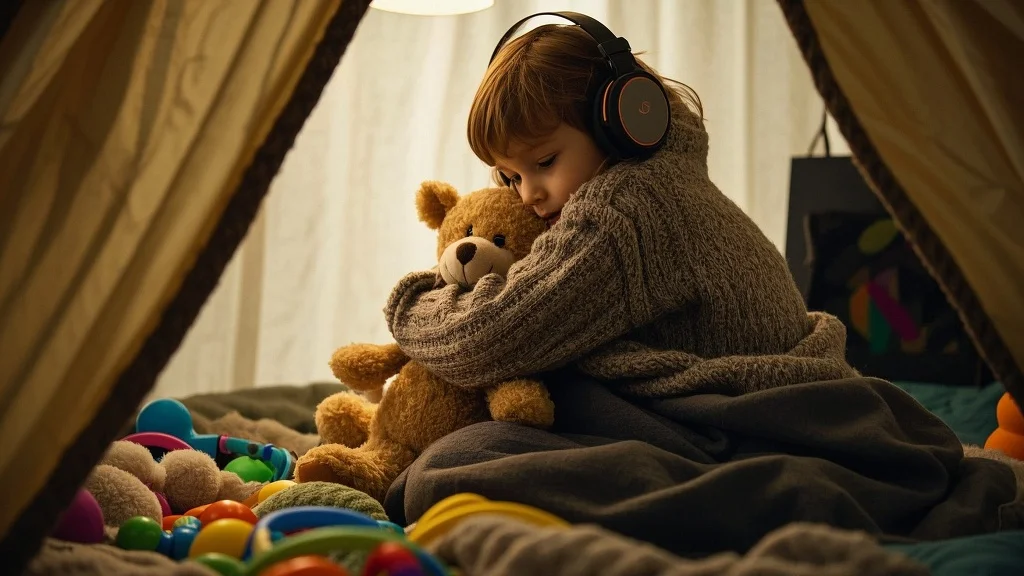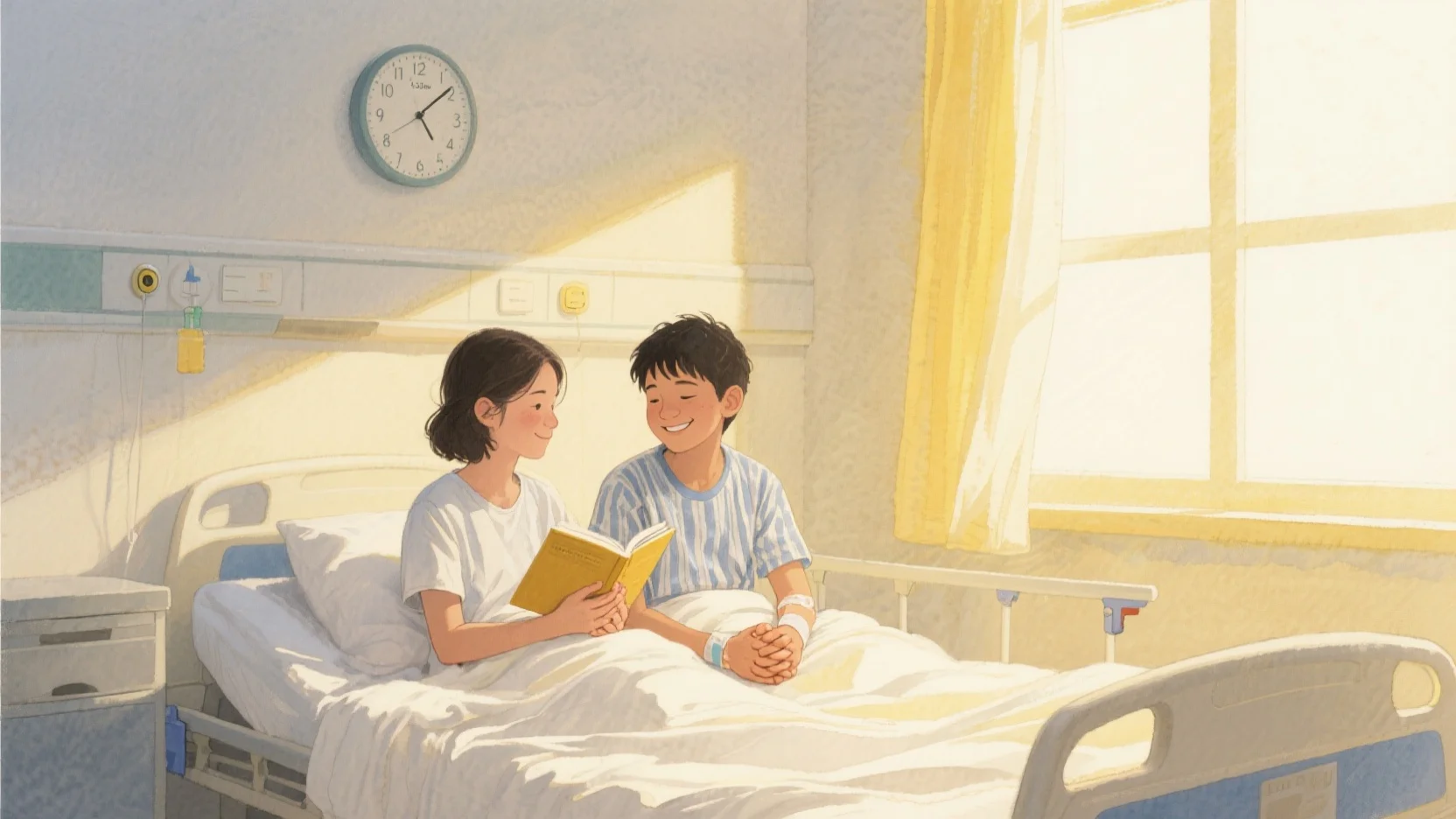What if the sleepless nights, the tantrums, and the endless laundry weren’t just challenges—but opportunities for spiritual growth?
In Family Unfriendly: How Our Culture Made Raising Kids Much Harder Than It Needs to Be, Timothy Carney (American Enterprise Institute, Washington Examiner) argues that parenting, far from being a burden, is one of the most powerful catalysts for humility, selflessness, and holiness.
Here’s how shifting our perspective—from “parenting as a chore” to “parenting as sanctification”—could transform families and society.
1. The Crisis of Modern Parenting: Isolation & Perfectionism
The Loneliness Epidemic
- In the 1950s, most families could thrive on one income, and stay-at-home parents had built-in communities.
- Today, parenting is increasingly solitary—playgrounds are emptier, neighborhoods less connected.
- Result: Parents feel overwhelmed and unsupported, leading to burnout.
The “Pelagian Parenting” Trap
- Named after the 5th-century heresy that denied the need for grace, “Pelagian Parenting” assumes:
- “If I just work hard enough, my child will be perfect.”
- “If I enroll them in enough elite activities, they’ll succeed.”
- Reality: This mindset fuels anxiety, depression, and family strain—while robbing kids of resilience and joy.
Carney’s antidote: “More kids, more fun, less structure.”
2. Parenting as a School of Virtue
How Children Sanctify Us
- Humility: When your toddler throws a tantrum in public, you learn to care less about others’ opinions.
- Patience: Bedtime stalling teaches you to slow down and cherish small moments.
- Selflessness: Giving up your free time, sleep, and personal space breaks our addiction to control.
Carney’s take: “Parenthood is daily training in dying to self.”
The Blessing of Surrender
- Modern culture worships autonomy—but parenting requires dependency.
- Paradox: The more we release control, the more we find true fulfillment.
3. Rebuilding a Family-Friendly Culture
What Worked in the Past (And Could Again)
- Strong communities: Religious groups (Catholics, Latter-day Saints, Orthodox Jews) have more kids because they share the load.
- Walkable neighborhoods: Kids thrive when they can roam freely, not just shuttle between activities.
- Policy shifts: Tax incentives for families, affordable housing, and flexible work could help.
A Countercultural Vision
- Less: Hyper-scheduling, elite college obsessions, Instagram-perfect parenting.
- More: Free play, family meals, intergenerational friendships.
Carney’s challenge: “What if we measured success not by kids’ resumes, but by their character?”
4. Final Thought: Parenthood as Common Grace
Raising children won’t just change your life—it will change your soul.
- For believers: It’s a path to holiness.
- For skeptics: It’s proof that love demands sacrifice.
- For society: Strong families are the foundation of civilization.
The choice is ours: Will we see parenting as a burden to endure—or a gift to embrace?
What’s one way parenting has made you better? Share below! 👇








